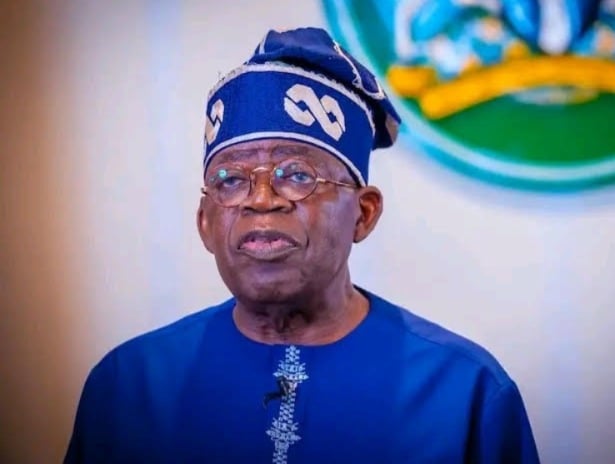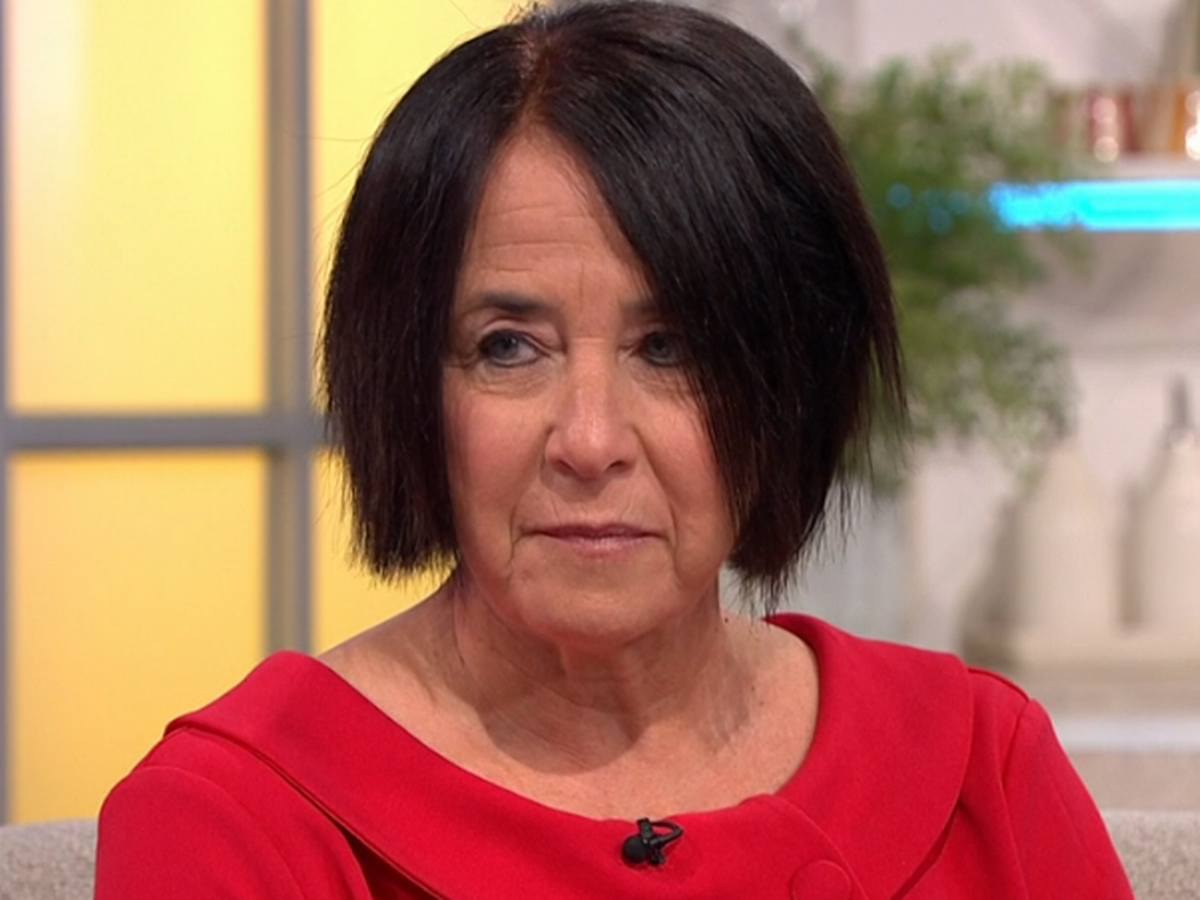By Patience Ivie Ihejirika
Copyright leadership

President Bola Ahmed Tinubu has called on world leaders to step up investments and partnerships in tackling the growing burden of non-communicable diseases (NCDs) and mental health challenges, warning that they threaten productivity, economic stability, and social cohesion in developing nations.
Delivering Nigeria’s national statement at the Fourth High-Level Meeting on the Prevention and Control of NCDs and the Promotion of Mental Health and Well-Being during the 80th United Nations General Assembly (UNGA) in New York, Tinubu, represented by the Minister of State for Health and Social Welfare, Dr. Iziaq Adekunle Salako, stressed that global inaction would deepen health and economic inequalities.
“Particularly troubling is the growing prevalence of NCDs among the young, leading to the loss of productive years and negative economic impacts,” Tinubu said. He noted that NCDs now account for nearly 29 per cent of all deaths in Nigeria, underscoring the urgency of international collaboration.
The President highlighted several initiatives undertaken to curb the rising burden of NCDs. These include the development of a National NCD Policy, a Multisectoral Action Plan, treatment guidelines, targeted legislation to address key risk factors, expanded health insurance for catastrophic diseases, and strengthened capacity of health professionals.
He disclosed that Nigeria has established six cancer centres of excellence and successfully immunised over 14 million adolescent girls, 96 per cent of the target population against HPV to prevent cervical cancer. Task-shifting and referral policies, he added, are also helping to extend services to underserved populations.
On mental health, Tinubu pointed to the enactment of the 2023 Mental Health Act, which provides a framework for promoting mental well-being, protecting patient rights, and integrating mental health into primary care. Nigeria has also developed a suicide prevention strategy focusing on decriminalisation, destigmatisation, and support for vulnerable groups.
Despite these efforts, Tinubu acknowledged persistent gaps, including inadequate funding, weak health infrastructure, and poor data collection. He called for stronger global partnerships to close access gaps in medicines, health technologies, and public health infrastructure.
He also urged lawmakers worldwide to adopt legislative and fiscal measures supportive of health reforms, while appealing for greater international visibility for sickle cell disease, which disproportionately affects Africa.
“Looking forward, Nigeria is committed to strengthening our health systems, prioritising prevention, and ensuring mental health receives the prominence it deserves within our national agenda. With global solidarity and renewed investments, we can reduce premature mortality from NCDs by 2030 and promote mental health and well-being for all,” Tinubu affirmed.



